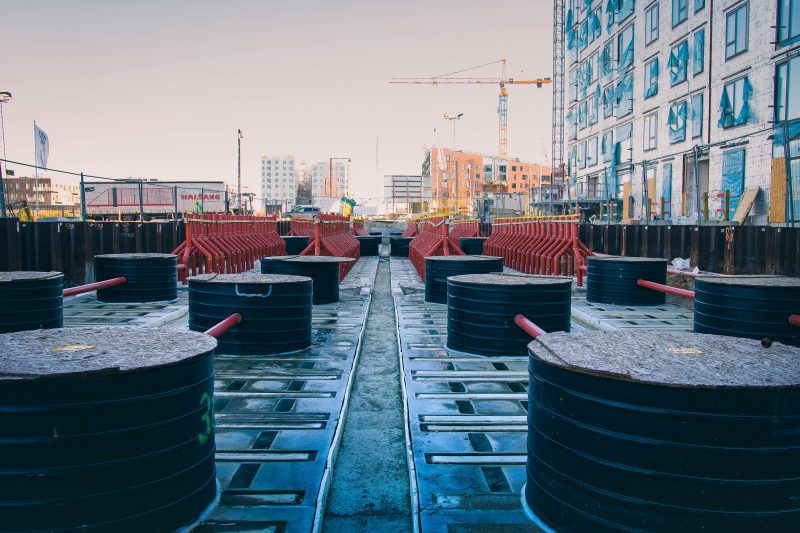The contaminated water flows through a filter that filters out coarse particles, such as leaves, waste, etc. Powered only by gravity, the water then flows into double-porous sandwich filters. The filters capture very small particles and other pollutants in the water. Finally, the clean water is channelled out into Naturpark Amager (Natura 2000), where it benefits flora and fauna, including large flocks of wading birds.
The water treatment method is so efficient that road runoff water is suitable for many purposes, including toilet flush, car washes and watering the city’s trees. As the plant is effective and compact, it is an efficient solution to the environmental issues urban developers face when engaged to channel water away from the road system.
A 3VAND partner
We are an active partner in 3VAND – a strategic collaborative partnership consisting of the leading water utilities in Denmark: HOFOR, BIOFOS, Aarhus Vand and VCS Denmark.











